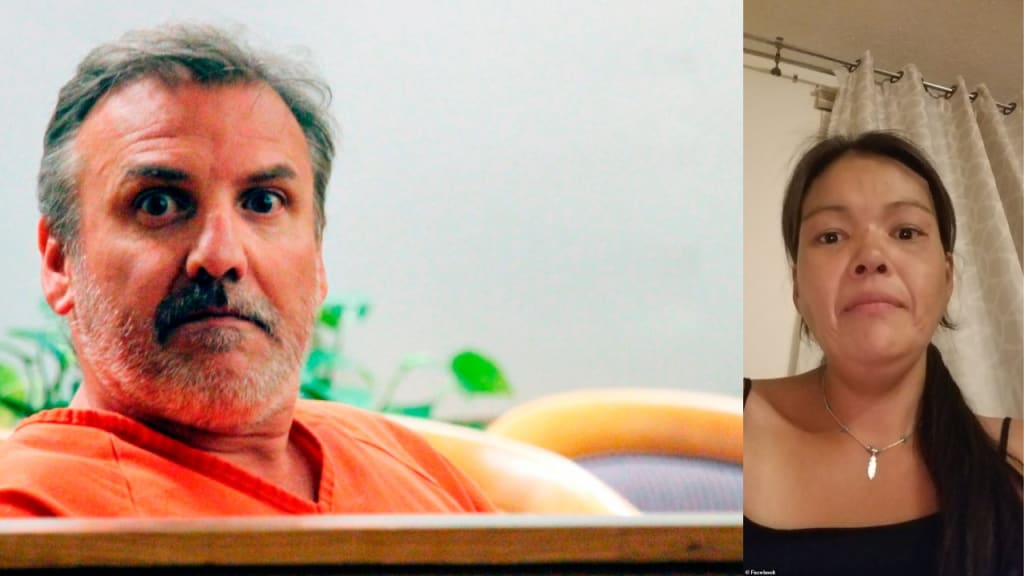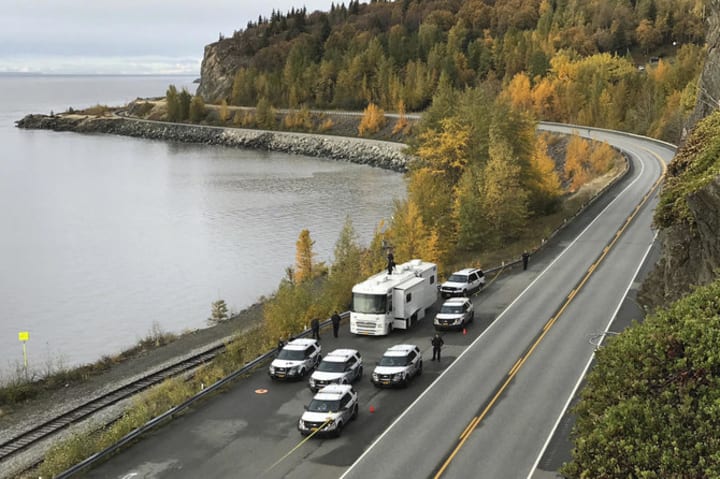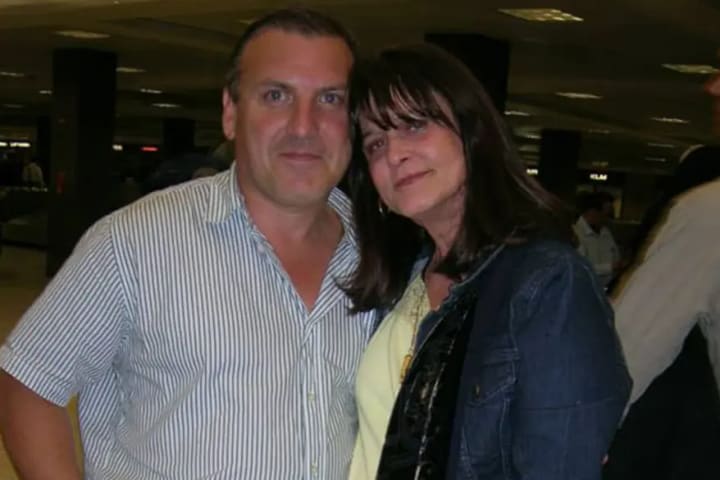
In September 2019, a woman named Valerie Casler stole Brian Steven Smith's cell phone from his truck in Anchorage, Alaska. When Casler charged the phone, she made a horrifying discovery - it contained graphic videos and photos depicting the murder of 30-year-old Alaska Native woman Kathleen Jo Henry.
The footage showed Henry being beaten, râped, and strangled to death in an Anchorage hotel room. Casler transferred the disturbing content to an SD card, labeled it "Homicide at Midtown Marriott", and turned it over to the police; there were 39 photos and 12 videos on the card.
Two days after the card was given to the Authorities, someone called 911 to report that they had seen a human remains close to the Seward Highway in the southern part of Anchorage. The Detectives were able to trace the location of Smith's phone to the area where the remains were found. The deceased was later identified as Kathleen Jo Henry.
Brian was arrested at the Ted Stevens Anchorage International Airport on October 8, 2019.

During an interrogation, the 52-year-old South African native confessed to also killing another Alaska Native woman, 53-year-old Veronica Abouchuk, in 2018. Abouchuk's remains, with a gunshot wound to the head, were discovered in the location Smith described.
A Budding Serial Killer Exposed
Authorities believe Brian Steven Smith may have been a budding serial killer targeting vulnerable Alaska Native women. After his arrest for Henry's murder, police uncovered that Smith had a history of racist and violent behavior.

In 2014, Smith posted a racist rant on his Facebook page, referring to Black South Africans as "savages". He also expressed a desire to move into the White House, writing "Barry can you please move your butt and get out?" alongside a photo of himself in front of the presidential residence.
Furthermore, Smith's girlfriend had contacted the Anchorage Police Department in 2018, a year before he killed Henry, to report that he had shown her photos of what she believed to be a dead body. However, no charges were filed at the time.
A Shocking Trial and Conviction
In February 2024, a jury in Anchorage unanimously convicted Brian Steven Smith on all 14 charges against him, including first-degree murder, sexual assault, and tampering with evidence. The trial was expected to last 3-4 weeks but the jury deliberated for less than 2 hours before reaching their verdict.

The prosecution presented a wealth of damning evidence, including the graphic videos and photos found on the SD card that Casler had turned over to police. Prosecutors also played hours of police interrogation footage in which Smith repeatedly admitted the person in the videos was him, though he claimed to have no memory of killing Henry.
Smith's defense attorney, Timothy Ayer, attempted to cast doubt on the credibility of the woman who found the SD card, describing her as a "comfortable and constant liar". Ayer also scrutinized the police interrogation, calling it coercive "psychological warfare". However, the jury was ultimately unconvinced, finding Smith guilty on all counts.
Honoring the Victims and Seeking Justice
The murders of Kathleen Henry and Veronica Abouchuk have devastated their Alaska Native communities, which have long faced disproportionate rates of violence and marginalization.
Antonia Commack, a Missing and Murdered Indigenous Peoples advocate who attended the trial, expressed concerns that the full scope of Smith's crimes may not have been uncovered. She questioned why an Anchorage man named Ian Calhoun, who had exchanged text messages with Smith shortly after Henry's killing, was not charged with any crimes.
Commack also wondered what information police had received during their initial 2018 investigation of Smith when his girlfriend reported he had shown her photos of a potentially dead body. These lingering questions highlight the need for thorough investigations and accountability when it comes to the epidemic of violence against Indigenous women.
Despite these concerns, the families of Henry and Abouchuk emphasized the importance of treating the victims with dignity and respect throughout the judicial process. Freda Dan, who was connected to the Abouchuk family, commended law enforcement and the court for their diligence, underscoring the significance of the victims being seen and recognized.
A Chilling Motive and Disturbing Behavior
As the trial unfolded, the court heard harrowing details about the extreme physical torture inflicted on Kathleen Henry in her final moments. The graphic videos captured Henry gasping for breath as Smith strangled her, with the killer seemingly performing for an audience.
Prosecutors revealed that Smith had made disturbing comments during the assault, saying "In my movies, everybody always dies" and "What are my followers going to think of me? People need to know when they are being serial-killed". This suggests Smith may have been motivated by a desire for notoriety or to cultivate a following, rather than just personal rage or sadism.

Smith's wife, Stephanie Bissland, acknowledged her husband's dark struggles, attributing them in part to heavy drinking. However, she expressed intent to stand by him, citing her marriage vows, despite the horrific nature of his crimes. Stephanie and Smith were engaged in 2013, and married in 2014. Following their marriage, Smith relocated to the United States, settling in Alaska with his new wife who worked as an Administrative Officer at US Immigration and Naturalization Service Anchorage.
Comments
Post a Comment